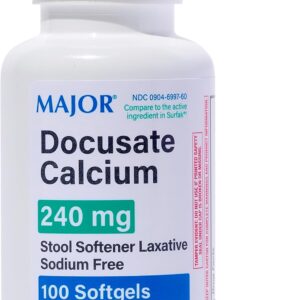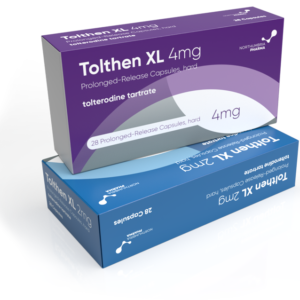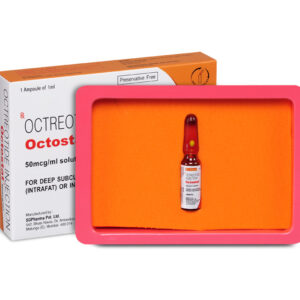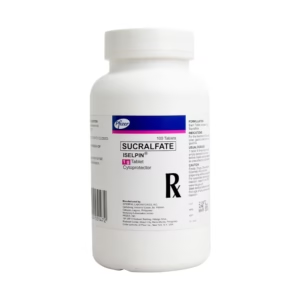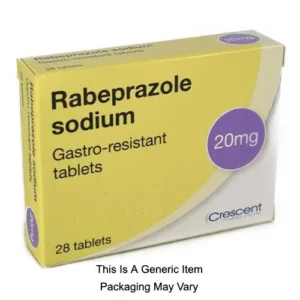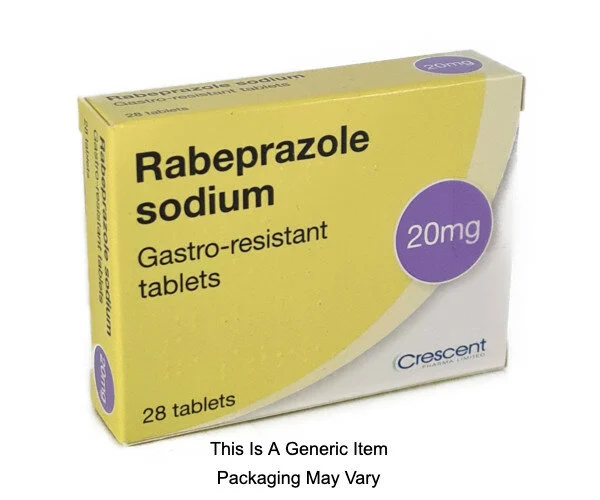-
Docusate calcium
Docusate Calcium is a stool softener similar to docusate sodium, used to ease constipation.
Applications:
-
Softens stool to make bowel movements easier.
-
Ideal for patients recovering from surgery or childbirth, or with hemorrhoids.
Side Effects:
-
Common: mild cramps, diarrhea, bitter taste.
-
Serious (rare): allergic reactions, throat irritation (liquid form).
Br120.00
Docusate calcium
Br120.00 Select options This product has multiple variants. The options may be chosen on the product page -
-
Docusate sodium
Docusate Sodium is a stool softener used to treat or prevent constipation.
Applications:
-
Softens stool by increasing water and fat absorption in the intestines.
-
Often used post-surgery or in patients who should avoid straining.
Side Effects:
-
Common: mild abdominal cramps, diarrhea, bitter taste.
-
Serious (rare): throat irritation (with liquid form), allergic reactions.
Br120.00
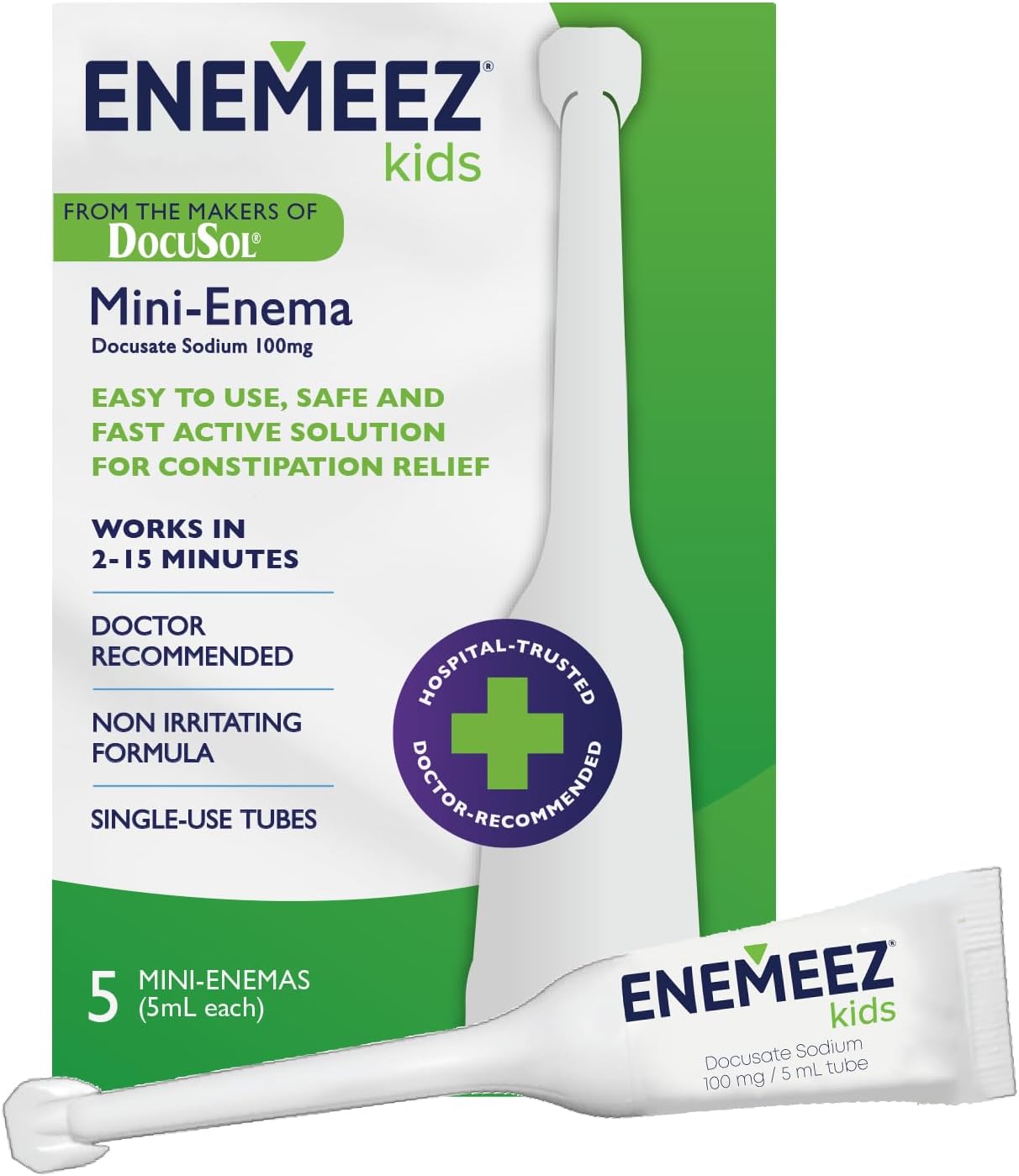
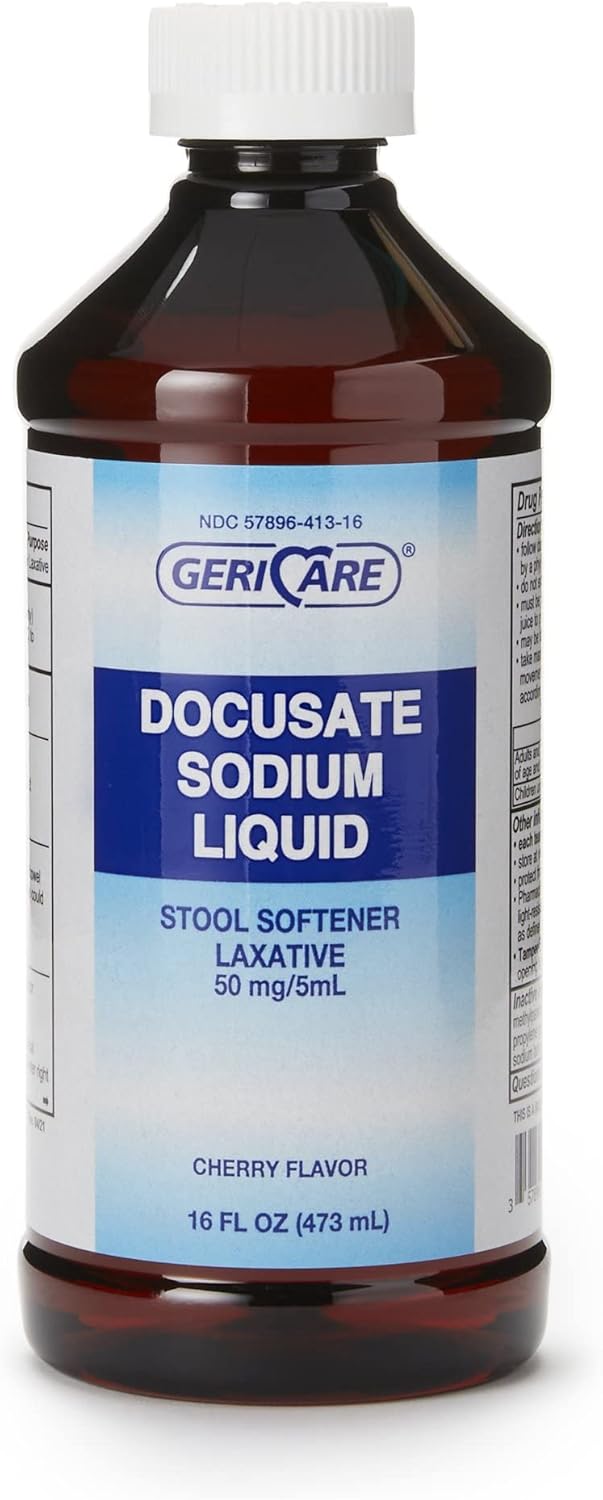
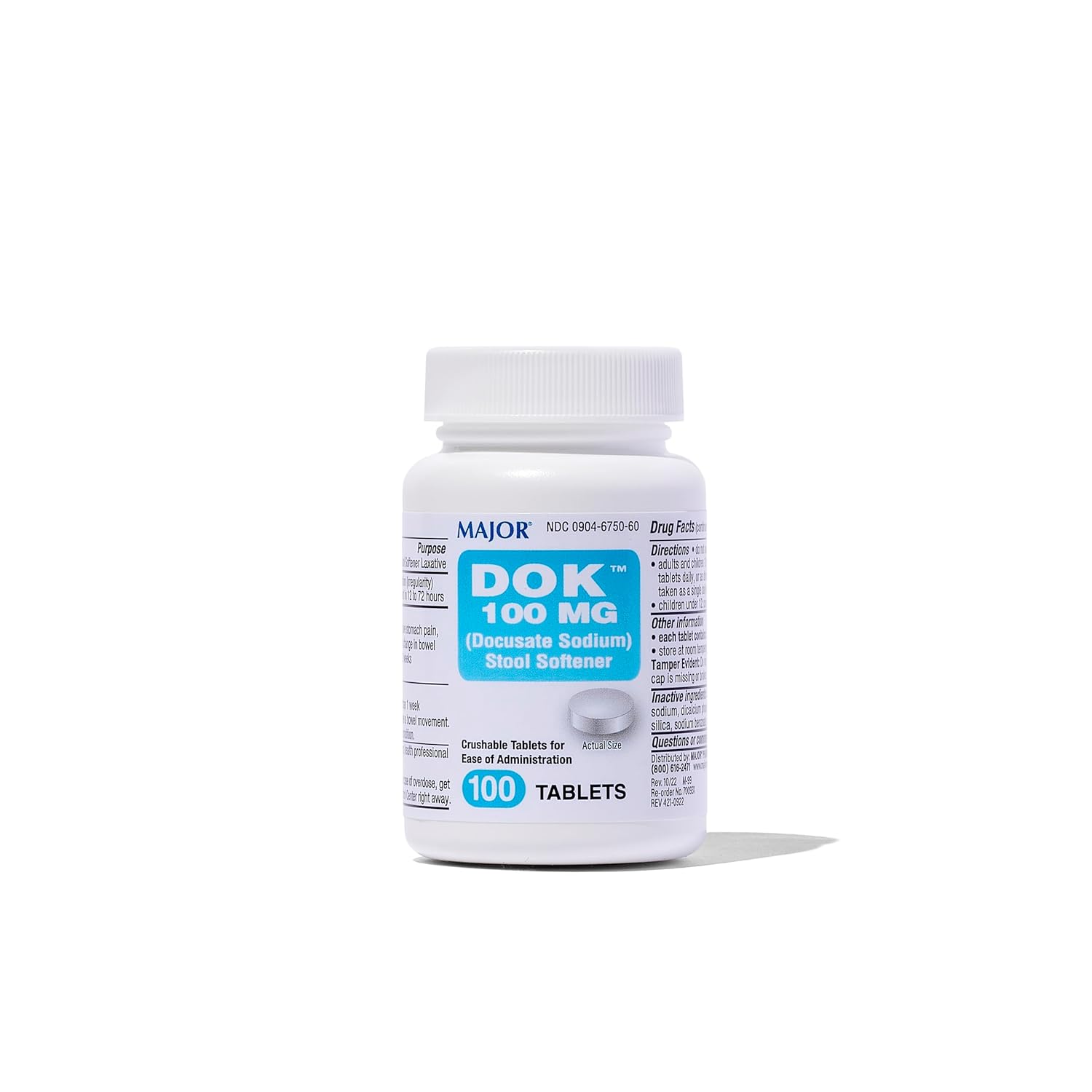
Docusate sodium
Br120.00 Select options This product has multiple variants. The options may be chosen on the product page -
-
Meclizine Hydrochloride
Meclizine Hydrochloride is an antihistamine used to treat motion sickness and vertigo.
Applications:
-
Prevents and treats nausea, vomiting, and dizziness from motion sickness.
-
Manages vertigo from inner ear disorders like Ménière’s disease.
Side Effects:
-
Common: drowsiness, dry mouth, and blurred vision.
-
Serious (rare): confusion, especially in older adults.
Br120.00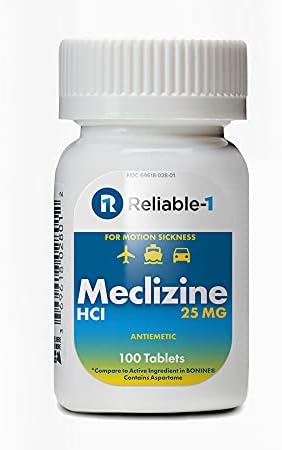
Meclizine Hydrochloride
Br120.00 Select options This product has multiple variants. The options may be chosen on the product page -
-
Tolterodine
Applications:
-
Overactive Bladder (OAB): Treats urinary frequency, urgency, and incontinence.
-
Neurogenic Detrusor Overactivity: Manages bladder spasms in neurological conditions (e.g., MS, spinal injury).
Side Effects:
-
Common: Dry mouth (35% of users), constipation, blurred vision, headache.
-
Serious (Rare):
-
QT prolongation (caution in heart disease).
-
Angioedema (swelling of face/throat).
-
Urinary retention (risk in prostate enlargement).
-
Br120.00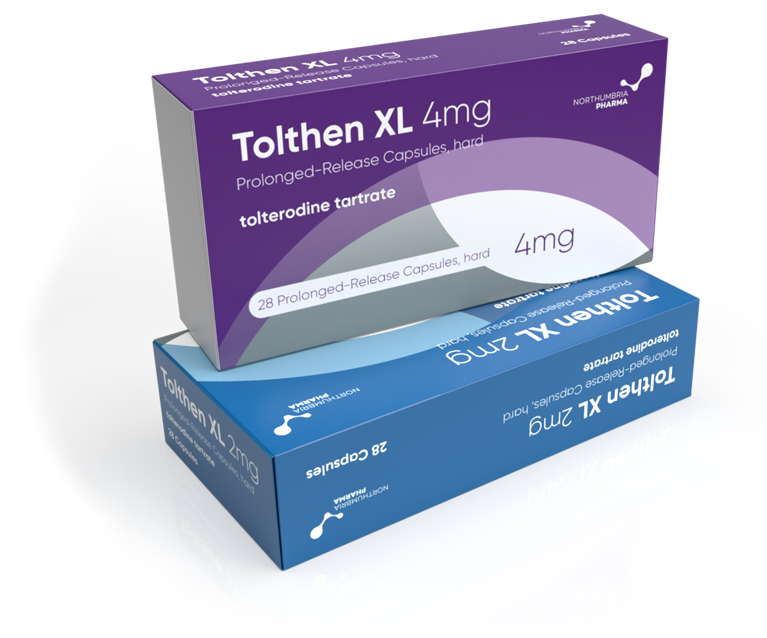
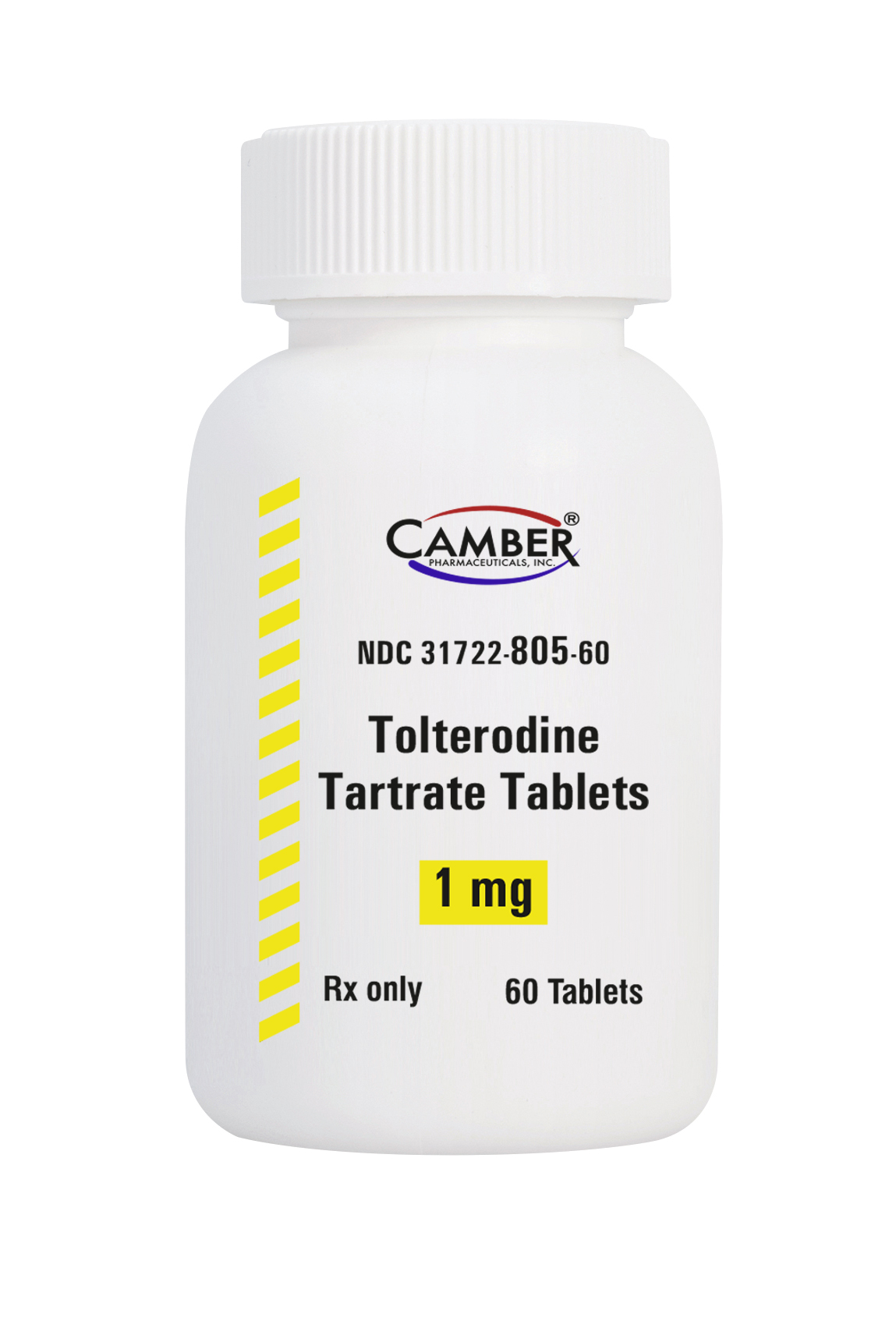
Tolterodine
Br120.00 Select options This product has multiple variants. The options may be chosen on the product page -
-
Omeprazole
Applications:
-
Treats severe GERD/ulcers (when oral therapy fails)
-
Manages Zollinger-Ellison syndrome (acid hypersecretion)
-
Prevents acid aspiration during surgery
-
Reduces rebleeding risk after endoscopic treatment
Side Effects:
-
Common: Headache, nausea, injection-site pain
-
Serious (rare): Kidney injury, low magnesium, bone fractures (long-term use)
Note: Requires kidney/magnesium monitoring with prolonged IV use. Administered once daily (40mg). Brands include Losec® IV and generics.
Br120.00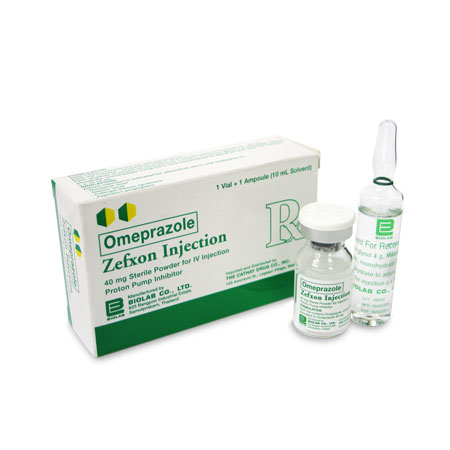
Omeprazole
Br120.00 Select options This product has multiple variants. The options may be chosen on the product page -
-
Octreotide
Applications:
-
Treats acromegaly (reduces growth hormone)
-
Manages neuroendocrine tumors (controls carcinoid/VIPoma symptoms)
-
Stops severe GI bleeding (esophageal varices, ulcers)
-
Closes pancreatic/intestinal fistulas
Side Effects:
-
Common: Nausea, diarrhea, gallstones, blood sugar changes
-
Serious (rare): Heart rhythm issues, thyroid dysfunction
Note: Requires monitoring for gallbladder and metabolic effects. Available in short-acting (daily) and long-acting (monthly) forms.
Br120.00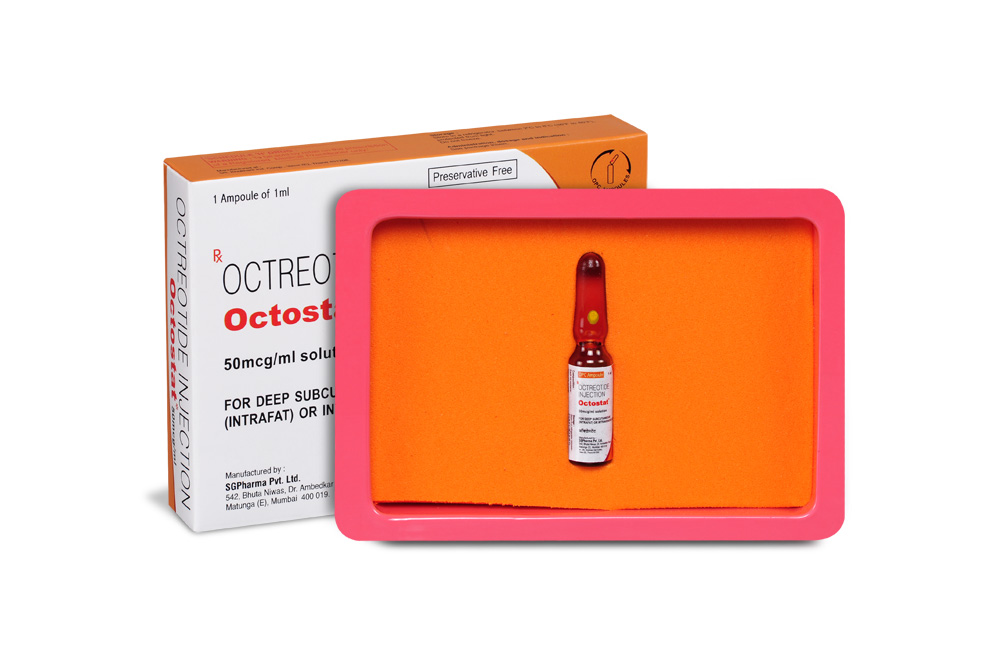
Octreotide
Br120.00 Select options This product has multiple variants. The options may be chosen on the product page -
-
Sucralfate
Sure! Here’s a similar overview for sucralfate:
Applications:
- Used primarily to treat and prevent peptic ulcers by forming a protective barrier over ulcer sites in the stomach and intestines.
- Often prescribed for gastroesophageal reflux disease (GERD) and to manage conditions involving damage to the stomach lining, like gastritis.
- Can help in the healing of esophageal ulcers, as well as ulcers caused by nonsteroidal anti-inflammatory drugs (NSAIDs).
Side Effects:
- Common side effects include constipation, dry mouth, and mild stomach discomfort.
- Rare but serious side effects can include allergic reactions, severe abdominal pain, or difficulty breathing.
- Prolonged use may lead to malabsorption of nutrients like phosphate, which can cause low phosphate levels.
- In some cases, patients may experience dizziness or headache.
Sucralfate is typically considered a safe treatment, but like with any medication, it’s important to monitor for any adverse effects, particularly with long-term use.
Br120.00
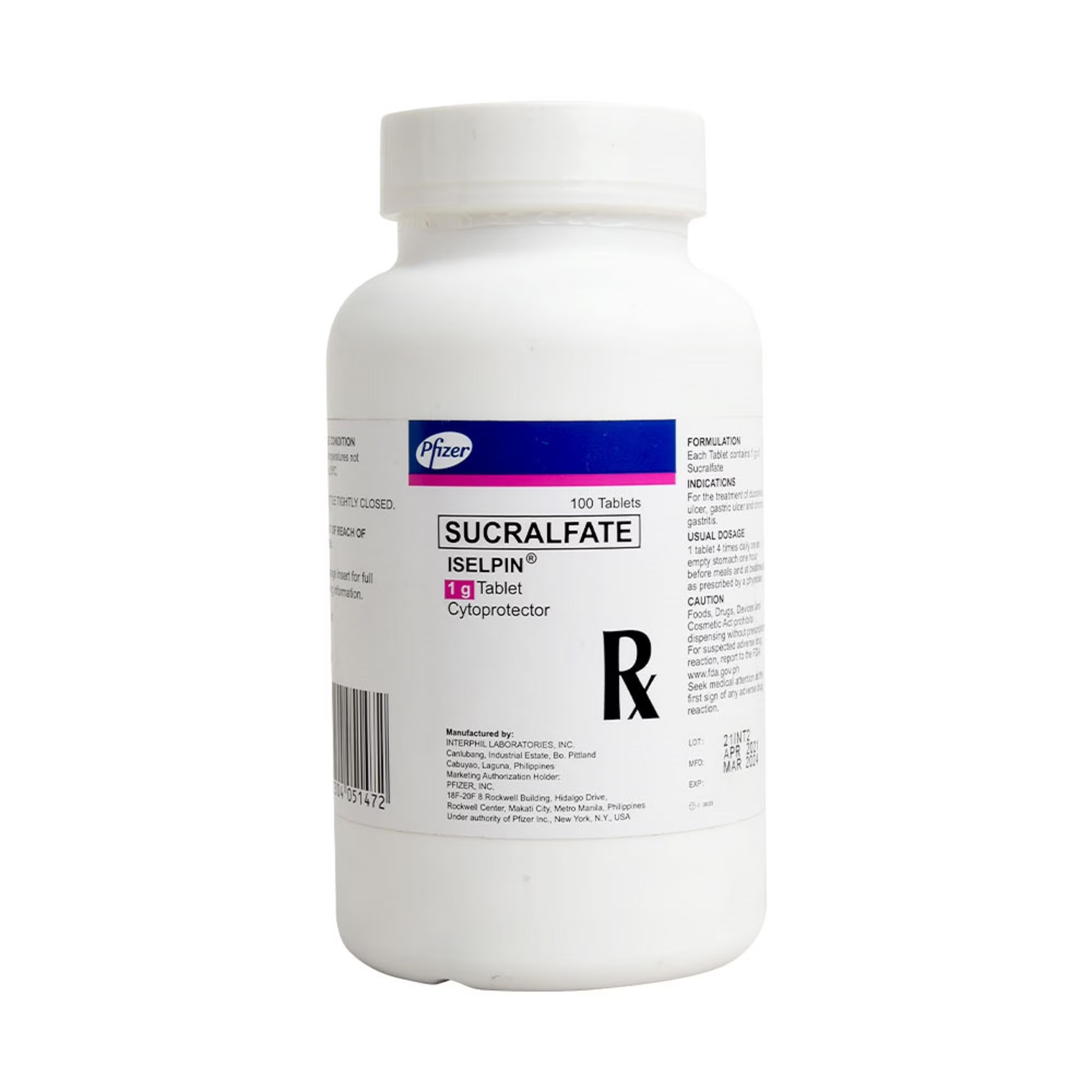
Sucralfate
Br120.00 Select options This product has multiple variants. The options may be chosen on the product page -
Rabeprazole sodium
Applications:
- Used to treat gastroesophageal reflux disease (GERD), erosive esophagitis, and peptic ulcers.
- Reduces stomach acid, promoting healing of the esophagus and ulcers.
- Effective in treating Zollinger-Ellison syndrome (excessive acid production).
Side Effects:
- Common side effects include headache, diarrhea, nausea, and abdominal pain.
- Rare side effects include low magnesium levels, bone fractures, and kidney issues, especially with prolonged use.
Rabeprazole sodium is a helpful treatment for acid-related gastrointestinal issues but, like other proton pump inhibitors, may lead to mild side effects such as headaches or stomach discomfort. Serious side effects are uncommon but should be monitored, especially during long-term use or in individuals with kidney concerns.

